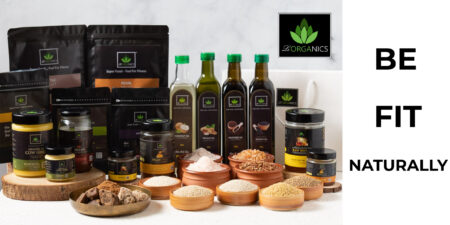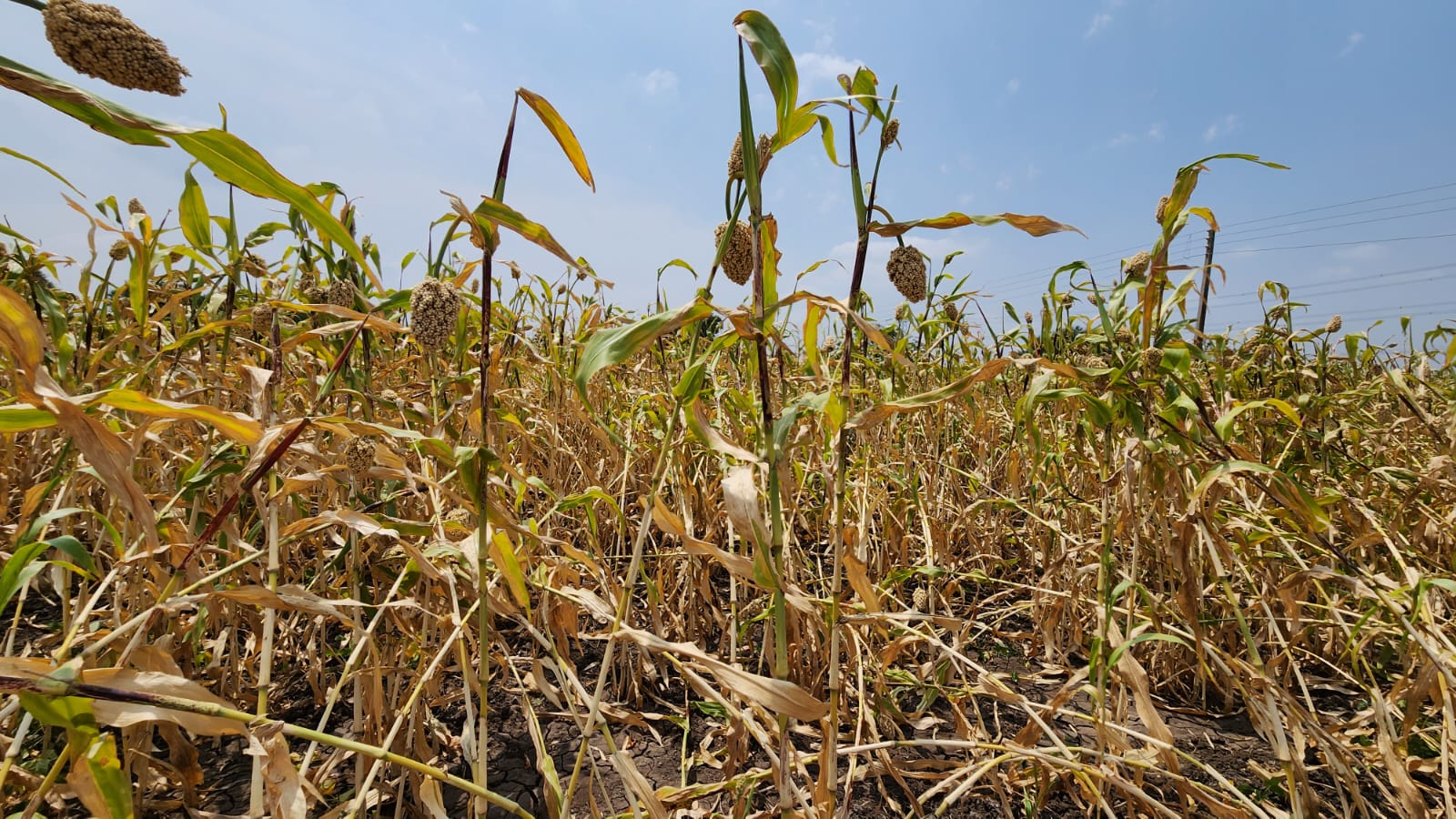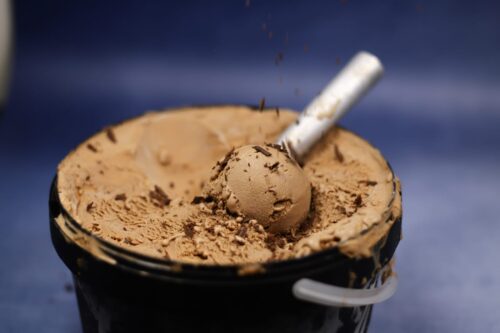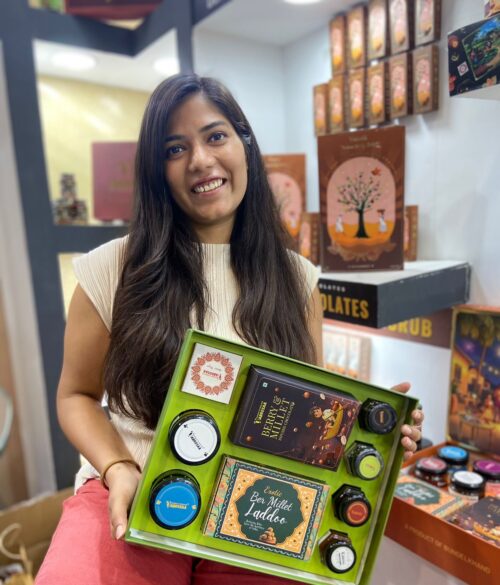India is a home for healthy and delicious culinary practices. Most of the flavours are enhanced by diversity of ingredients. In the fast paced lifestyle, particularly, non-resident Indians are missing their favourite foods outside the country.
“I, myself, have been an NRI for the past 18 years. I was closely associated with the Indian community in Hong Kong and across the world. Indians are everywhere. A report from the Ministry of External Affairs reports that more than 32 Million NRI’s are living around the world and additionally every year 2.5 million Indians migrate overseas. Yet, their diet needs are very much similar. This helped me to understand the needs of our people. Foods and ingredients which are available in India are not easily seen outside India since local players do not focus on export” told Mayank Mishra who is a director at Aaron group.
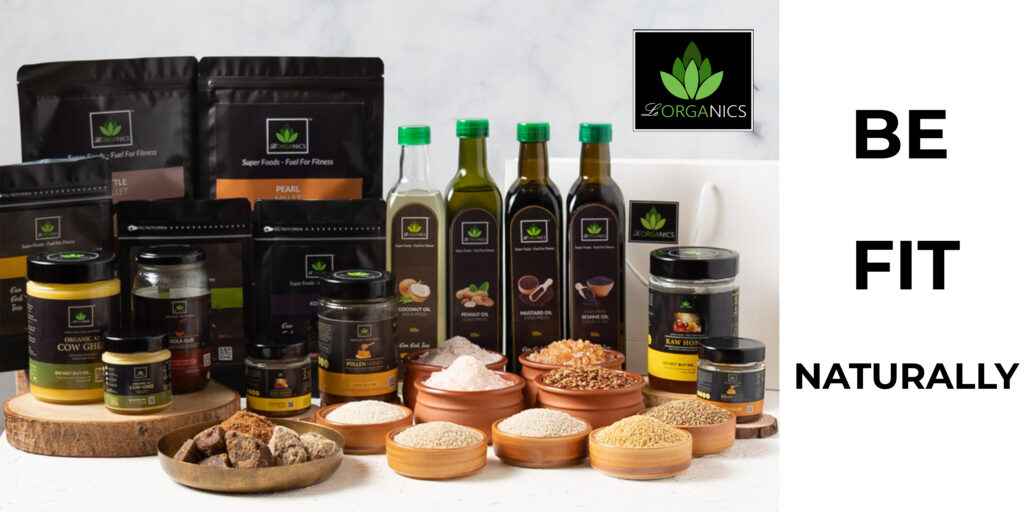
Le organics is a brand from Aaron Group and they specialised in A2 milk and value added milk products which are one of the key elements in our daily diet. Le organics started their journey in Hong Kong and at present they are serving in 6 countries (India, Hong Kong, Singapore, Canada, USA and Dubai) with the healthy foods such as A2 cow ghee, cold pressed oils, 3 types of jaggeries (cane, palm and dates), lakadong turmeric, ragi, emmer wheat flour and all types of millets.
Mayank says: “The fitness of the family is more important. During the COVID-19 times, I understood that the kitchen is the key. Being associated with Isha Foundation, run by Sadhguru, I was always a firm believer of Yoga and its benefits. But during my visit to Ashram, I came to realize its FOOD which determines our body health. So, we want to bring more natural and healthy food for customers. To ensure the quality of milk, cows are taken care of with quality fodder and no hormone injection is used for the milking. Besides, the milk is treated under the ultra high temperature process (UHT). Apart from that, the company collaborated with a tetra pack company to ensure high standards in milk packaging. This process makes sure that all harmful bacteria are killed”.
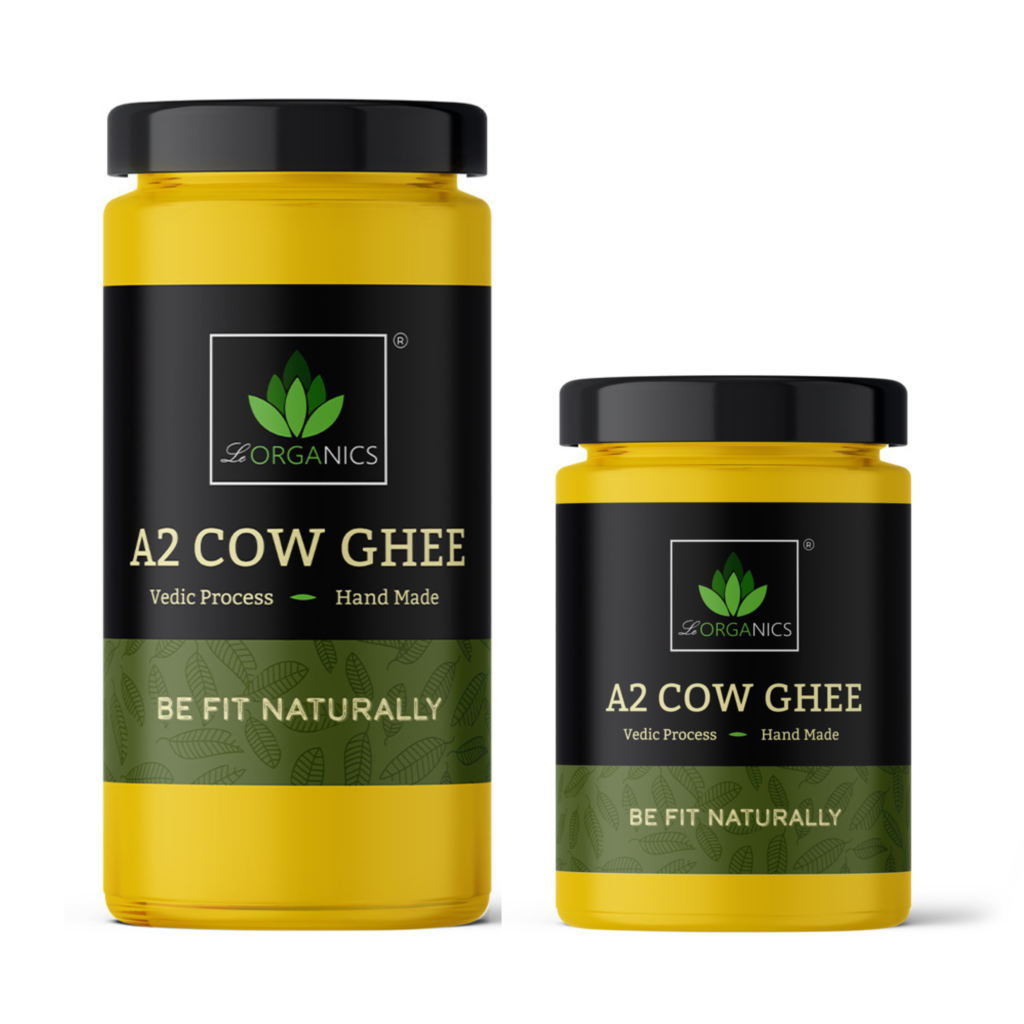
“I feel happy seeing our customers enjoying our products. We have a customer who had rotis for the first time after 8 years of stay in Hong Kong. We have kids enjoying A2 ghee. Customers are praising jaggery both for authenticity and taste. However, we came across many challenges to improve the shelf life of organic products like dates, jaggery, millets, millet flours etc and better packaging as per international standards and clearing customs for importing products to countries.”
Mayank concluded with these thoughts, “India needs to work in two areas to make eco-friendly solutions exporting more attractive. India has an amazing range of organic products but is lacking in credibility, systematic process, certifications etc.
First one is in maintaining high standards in products and scientific testing. Second is to encourage better packaging options within the country. A small company has to face many hurdles to pack their products according to international design and packaging standards. The company has to struggle with regards to minimum order quantity, designs and rates. Whereas, countries like China have many good design options which are available at a much cheaper rate and lower minimum order quantity. Hence, exporting friendly ecosystem development is a key to serve more communities”.
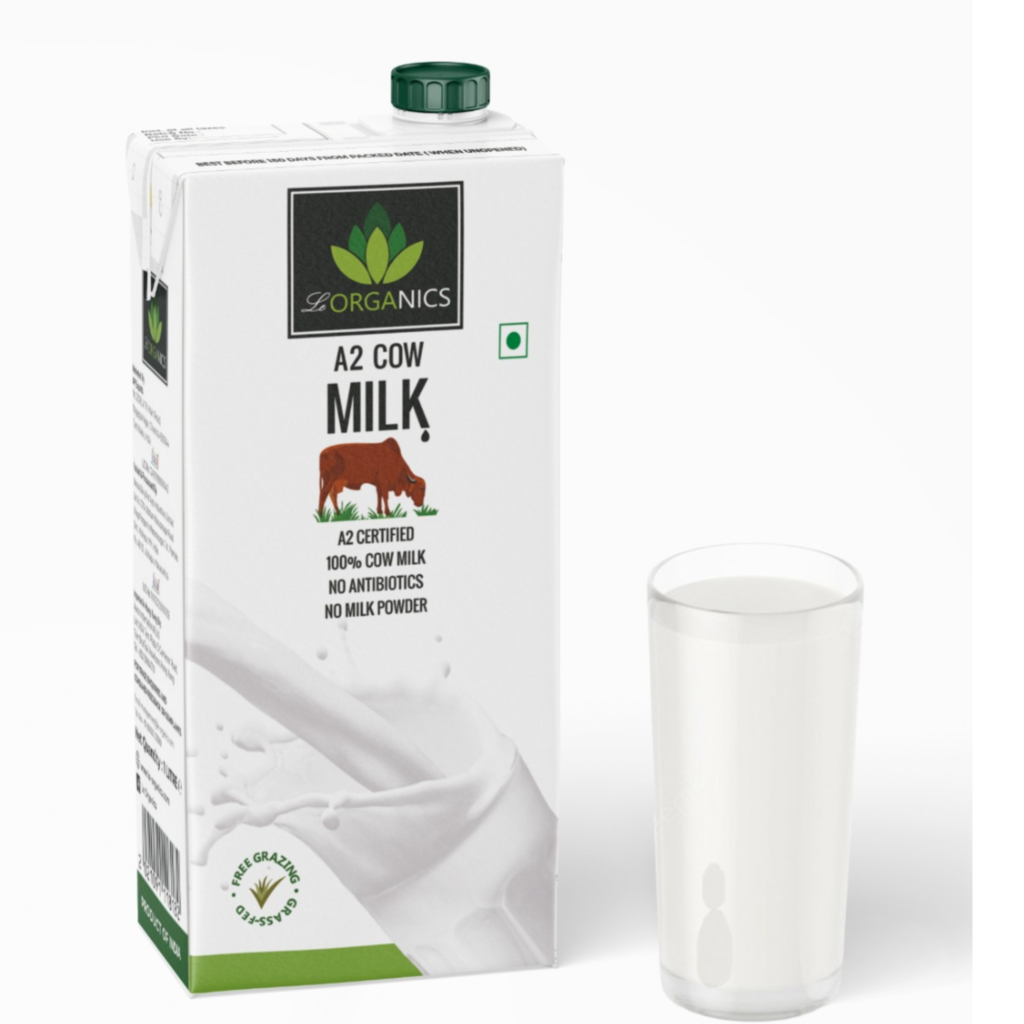
The cultural pluralism brought a diversity of food choices into Indian kitchens. Value addition and sustainable packaging solutions will play an important role in spreading Indian flavours in International markets.
What is your solution for making nutritious food export more attractive from India?
Share your green story!


